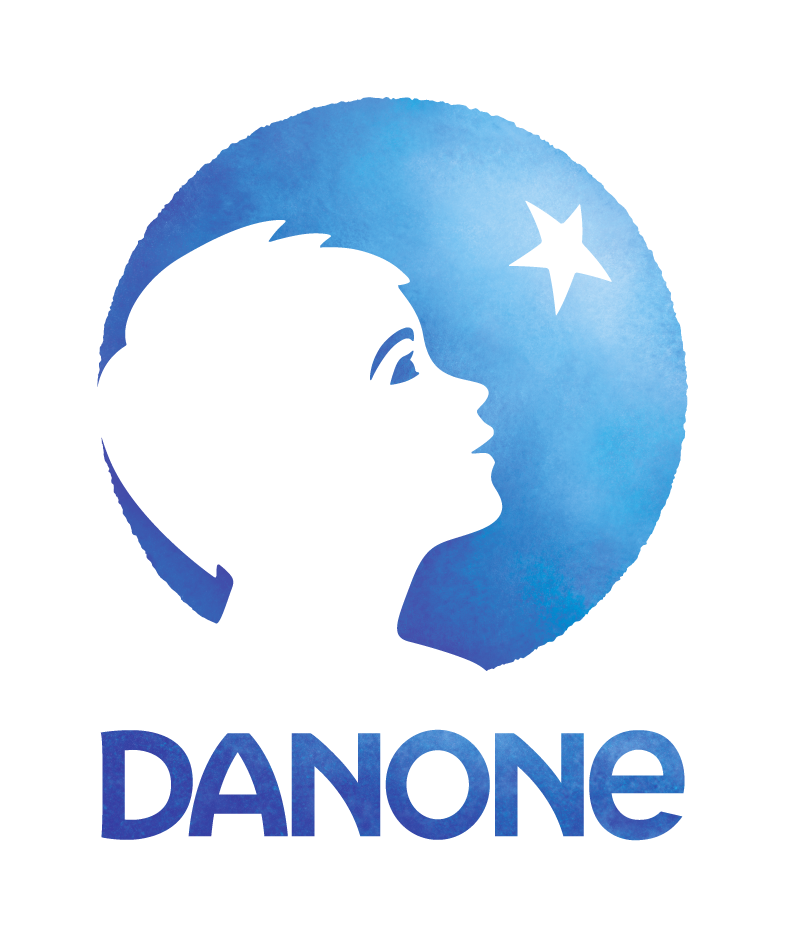

Danone Canada

Quebec, Canada
March 2018
Food products
Manufacturing
Canada
Danone Canada’s mission to bring health through food to as many people as possible is brought to life everyday by more than 500 dedicated employees across Canada who apply its values in using its business as a force for good. The company B Corp certification underscores its longstanding responsible business practices and demonstrates its meaningful commitment to continuous improvement. As one of the country’s leading food and beverage companies, Danone Canada’s ambition is to produce healthful dairy, plant-based products and coffee creamers and beverages, create economic and social value, and nurture natural ecosystems through sustainable agriculture. As Canada’s largest consumer-facing certified B Corporation, we are in the unique position to lead this movement, for the benefit of the people and the planet. Its portfolio of brands includes Activia®, Oikos®, DanActive®, Danone®, Silk® plant-based foods and beverages, So Delicious® Dairy Free, StokTM, International DelightTM and more. The company has head offices in Boucherville, Quebec, and Mississauga, Ontario. It’s main production facility is located in Boucherville, Québec.
Overall B Impact Score
Governance 17.5
Governance evaluates a company's overall mission, engagement around its social/environmental impact, ethics, and transparency. This section also evaluates the ability of a company to protect their mission and formally consider stakeholders in decision making through their corporate structure (e.g. benefit corporation) or corporate governing documents.
What is this? A company with an Impact Business Model is intentionally designed to create a specific positive outcome for one of its stakeholders - such as workers, community, environment, or customers.
Workers 31.1
Workers evaluates a company’s contributions to its employees’ financial security, health & safety, wellness, career development, and engagement & satisfaction. In addition, this section recognizes business models designed to benefit workers, such as companies that are at least 40% owned by non-executive employees and those that have workforce development programs to support individuals with barriers to employment.
Community 20.2
Community evaluates a company’s engagement with and impact on the communities in which it operates, hires from, and sources from. Topics include diversity, equity & inclusion, economic impact, civic engagement, charitable giving, and supply chain management. In addition, this section recognizes business models that are designed to address specific community-oriented problems, such as poverty alleviation through fair trade sourcing or distribution via microenterprises, producer cooperative models, locally focused economic development, and formal charitable giving commitments.
Environment 22.3
Environment evaluates a company’s overall environmental management practices as well as its impact on the air, climate, water, land, and biodiversity. This includes the direct impact of a company’s operations and, when applicable its supply chain and distribution channels. This section also recognizes companies with environmentally innovative production processes and those that sell products or services that have a positive environmental impact. Some examples might include products and services that create renewable energy, reduce consumption or waste, conserve land or wildlife, provide less toxic alternatives to the market, or educate people about environmental problems.
What is this? A company with an Impact Business Model is intentionally designed to create a specific positive outcome for one of its stakeholders - such as workers, community, environment, or customers.
Customers 3.4
Customers evaluates a company’s stewardship of its customers through the quality of its products and services, ethical marketing, data privacy and security, and feedback channels. In addition, this section recognizes products or services that are designed to address a particular social problem for or through its customers, such as health or educational products, arts & media products, serving underserved customers/clients, and services that improve the social impact of other businesses or organizations.